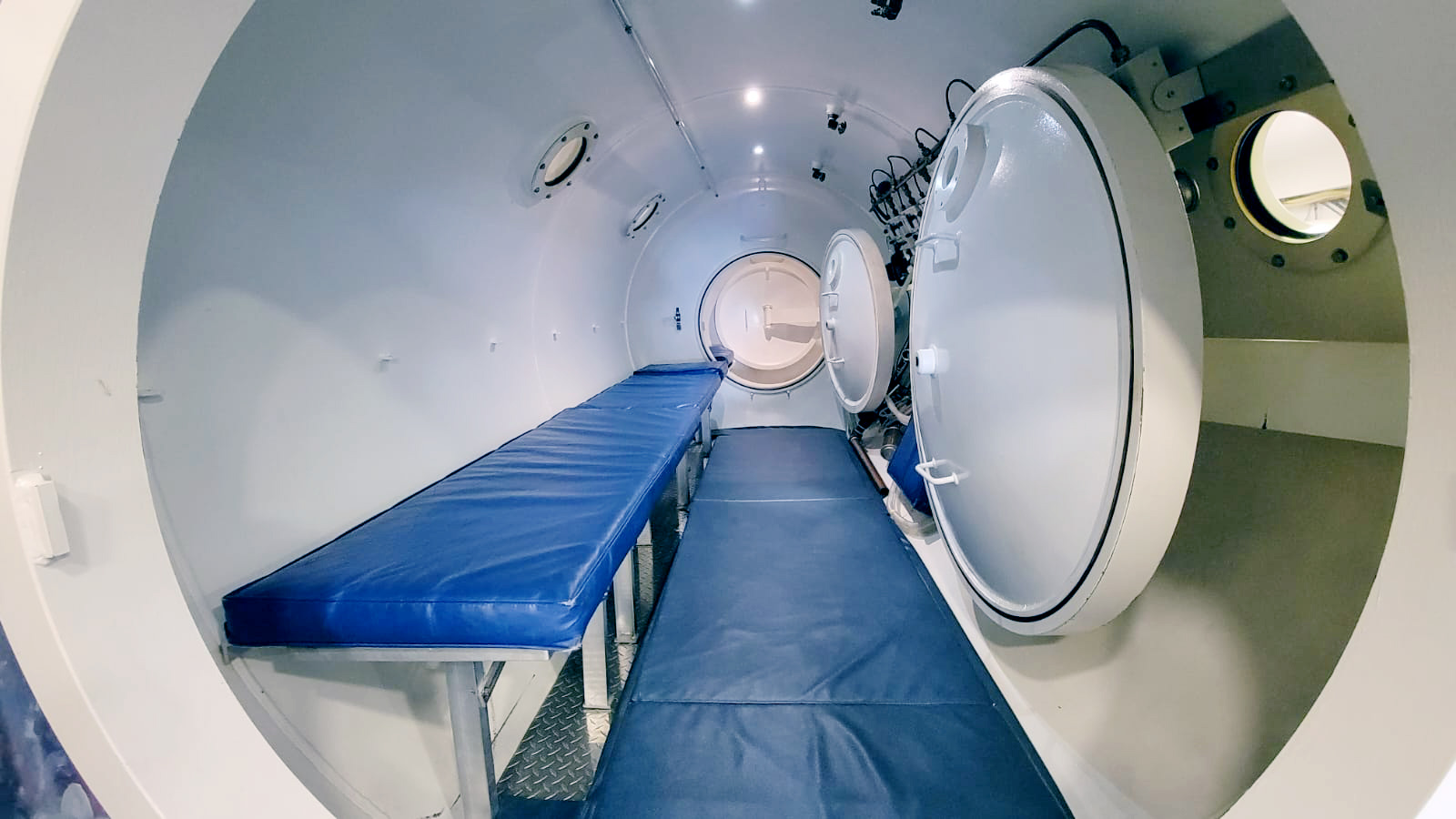Hyperbaric Oxygen Therapy (HBOT) is gaining significant attention for treating brain injuries, particularly in Richmond, where International Hyperbaric Health Centers, a Richmond HBOT Center, has seen an influx of patients seeking this innovative therapy. HBOT involves breathing pure oxygen in a pressurized environment, allowing for oxygen to be delivered more effectively to damaged tissues. This increased oxygenation enhances the body’s natural healing process and is especially beneficial for those who have suffered traumatic brain injuries (TBI), commonly the result of car accidents, sports-related incidents, or falls.
As brain injuries continue to be a major concern in fields like sports medicine and trauma care, HBOT is being increasingly viewed as a viable treatment. Many patients who have experienced TBIs or concussions report noticeable improvements in cognitive function, mood, and quality of life after completing a series of HBOT sessions. This therapy works by promoting neurogenesis—the formation of new brain cells—while simultaneously reducing inflammation, which is often a key factor in prolonged brain injury recovery.

The science behind hyperbaric oxygen therapy is well-supported. When a patient undergoes HBOT, the increased air pressure in the chamber allows more oxygen to dissolve into the bloodstream, which then gets delivered to injured tissues. For brain injuries, this means the oxygen reaches areas that may have been deprived due to swelling or tissue damage, helping to revive brain cells that may otherwise remain inactive. It can also help prevent further cell death, which is a common consequence of the inflammatory response to brain trauma.
Take Sarah, a patient at the Richmond HBOT Center who suffered from a TBI after a car accident. Prior to receiving HBOT, Sarah experienced debilitating headaches, difficulty concentrating, and memory issues that interfered with her daily life. "Before starting the therapy, I wasn’t sure if anything would help,” she shared. “After just a few sessions, I started to notice that my headaches were less frequent, and I could focus better at work. The improvement in my memory was a game-changer." Sarah’s story is just one example of how HBOT can dramatically improve recovery from brain injuries.
HBOT for brain injuries is still an emerging field, but growing research supports its efficacy. Studies show that hyperbaric oxygen therapy can reduce the long-term effects of brain injuries by increasing oxygen flow to the brain, reducing inflammation, and promoting the healing of damaged neural tissues. The treatment is especially helpful for patients whose progress has plateaued after traditional rehabilitation. According to a study on traumatic brain injuries, HBOT can significantly accelerate the recovery process when combined with other therapies such as physical rehabilitation and cognitive exercises.
For many patients, HBOT represents hope where conventional treatments have fallen short. Although not a cure for brain injuries, it offers a promising supplemental therapy that addresses the underlying damage in a unique way. For those who have experienced TBIs, the ability to deliver large amounts of oxygen to the brain can mean the difference between living with permanent impairment and regaining much of their cognitive and physical abilities. International Hyperbaric is at the forefront of this movement, helping local patients access cutting-edge care.
Patients considering HBOT should consult their healthcare provider to determine if this treatment is suitable for their specific condition. It's essential to recognize that every brain injury is different, and while some patients respond well to hyperbaric oxygen, others may not see the same results. However, for those with moderate to severe brain injuries, HBOT may offer a level of recovery not previously achievable through standard therapies alone.
In Richmond, HBOT is also being explored for a variety of other conditions beyond brain injuries. International Hyperbaric has begun to treat patients with chronic pain, non-healing wounds, and even long-haul COVID-19 symptoms, expanding the possibilities for this versatile therapy. With ongoing research into HBOT’s applications, more patients are expected to benefit from the wide-ranging effects of hyperbaric oxygen treatment in the years to come.
For patients who have suffered brain injuries, the benefits of HBOT are becoming more evident with each success story. Many patients see improvements not only in their physical recovery but also in their overall mental well-being, as brain function begins to stabilize and regenerate. Recent reports of significant improvements in TBI from HBOT underscore the importance of combining oxygen therapy with traditional medical care for the best results.
As the medical community continues to explore the potential of hyperbaric oxygen therapy, HBOT is increasingly seen as a key tool in comprehensive recovery plans for traumatic brain injuries. The Richmond HBOT Center remains committed to providing this cutting-edge treatment to local patients, helping them overcome the long-lasting effects of brain trauma and regain their quality of life.
https://www.youtube.com/watch?v=fdpFP_Q1EVA
In conclusion, the growing popularity of hyperbaric oxygen therapy reflects a broader recognition of the importance of individualized, research-based treatments for complex conditions like brain injuries. With centers like Richmond HBOT leading the way, more patients are finding hope and healing through this innovative therapy, marking a new chapter in the treatment of traumatic brain injuries.
###
For more information about International Hyperbaric Health Centers Inc., contact the company here:
International Hyperbaric Health Centers Inc.
Contact
(604) 277-8608
admin@internationalhyperbaric.com